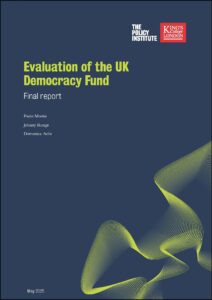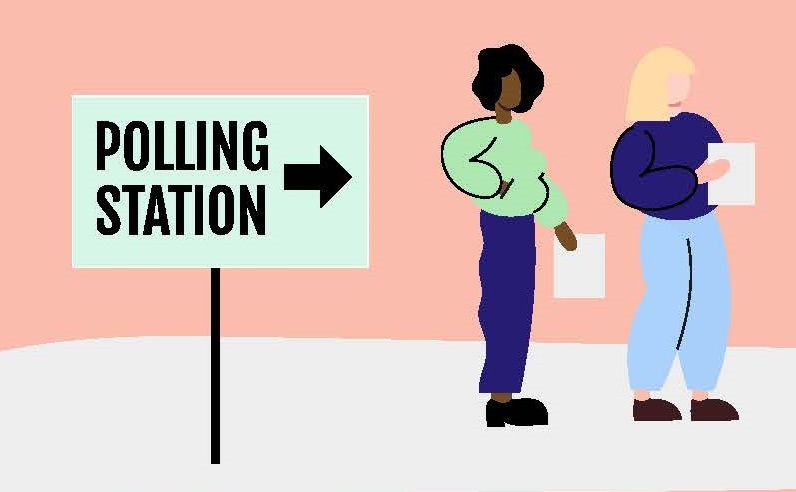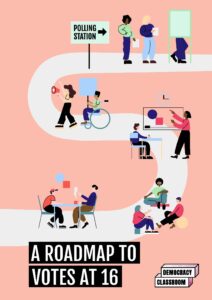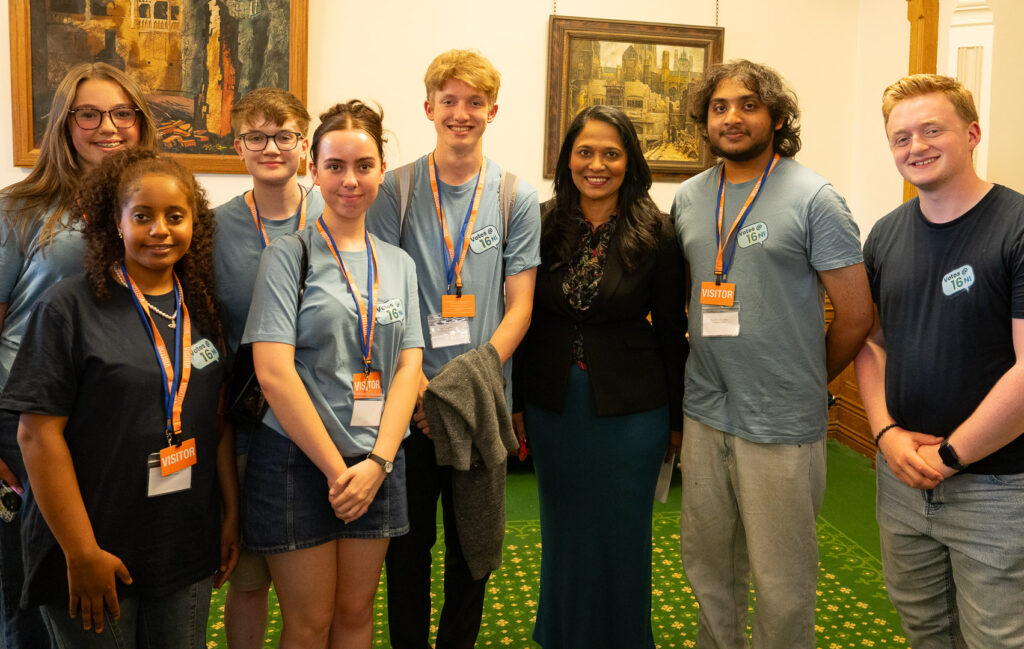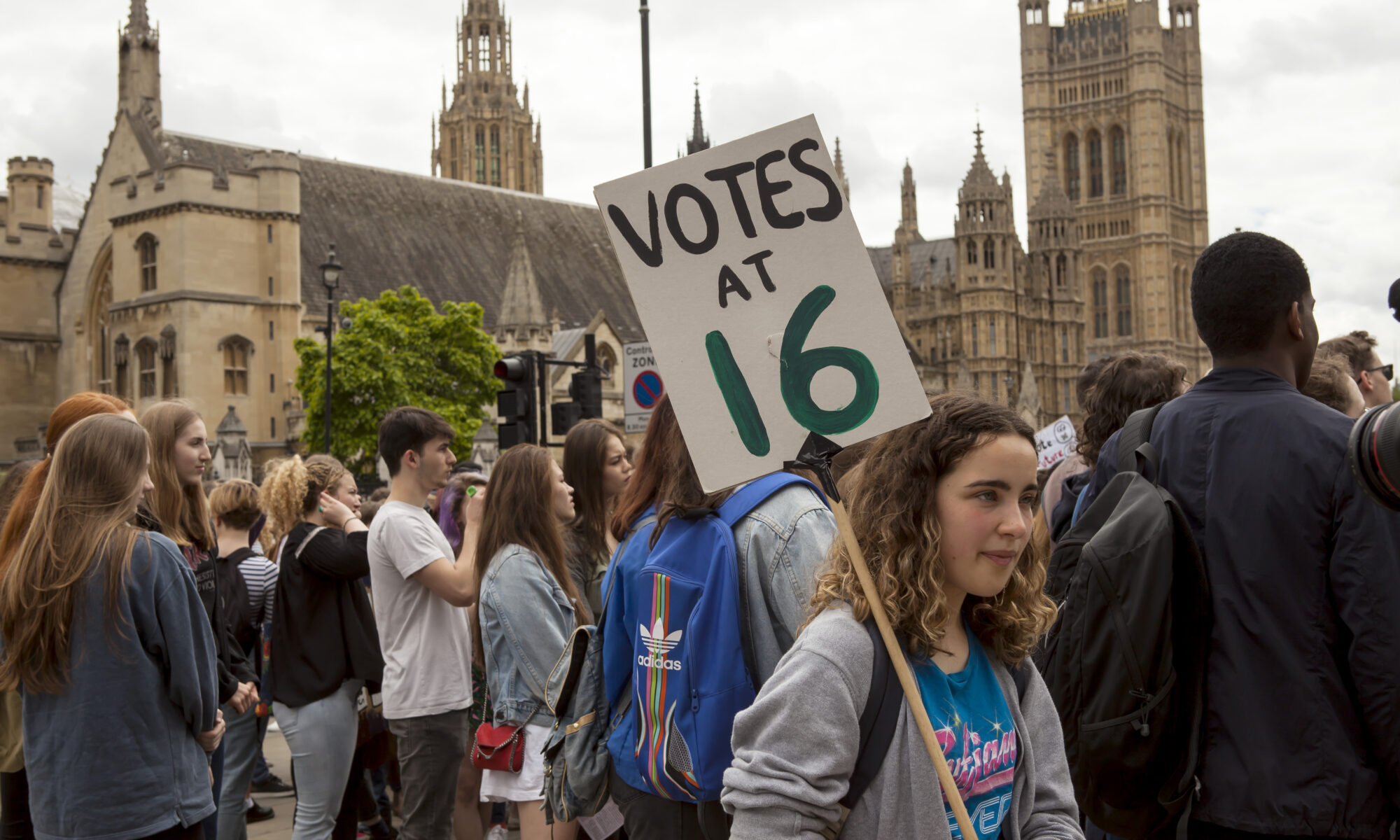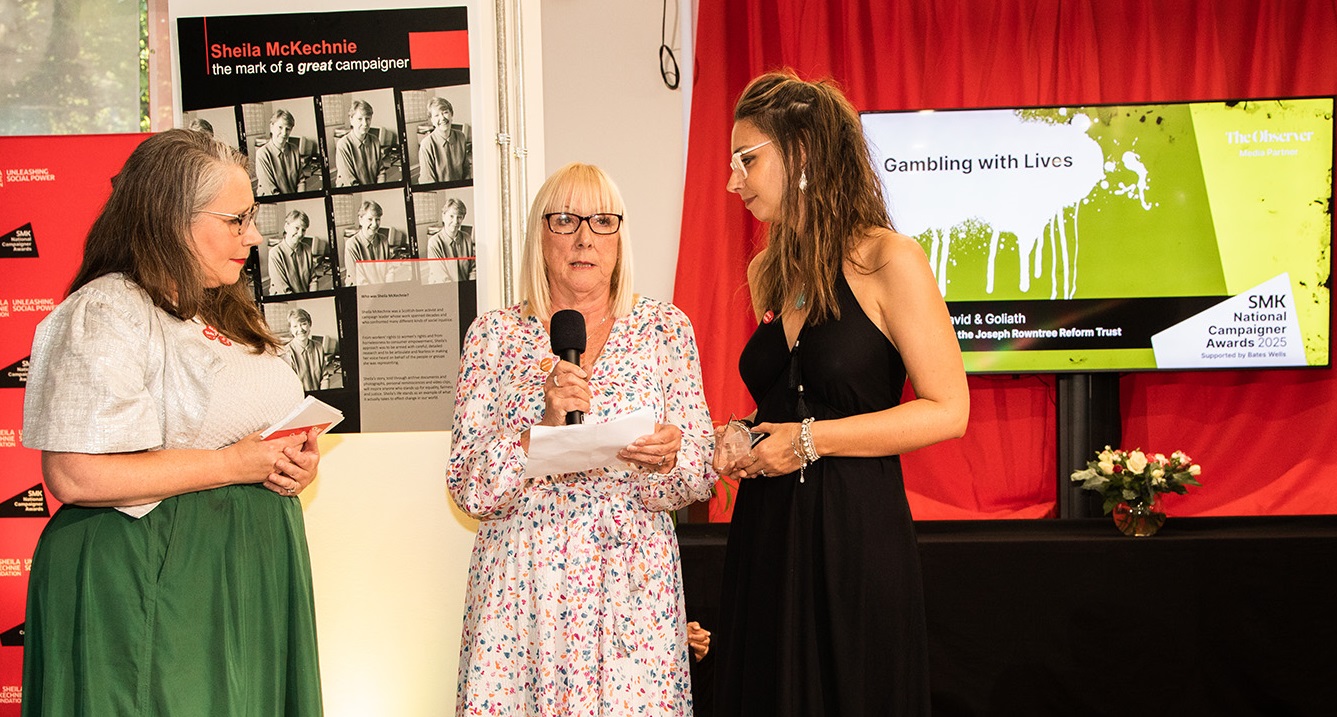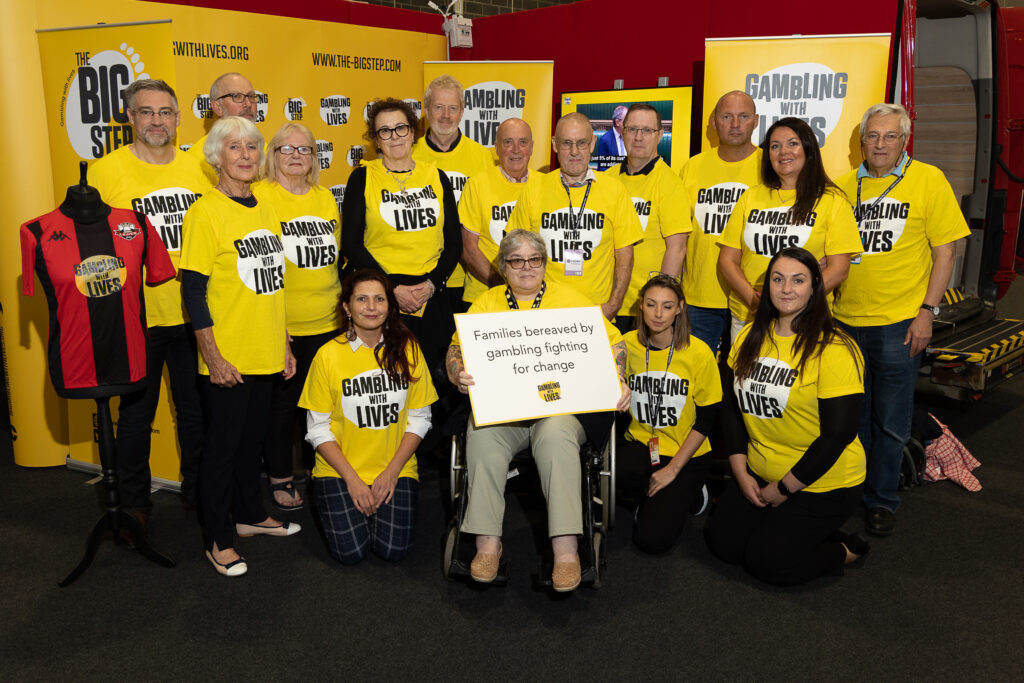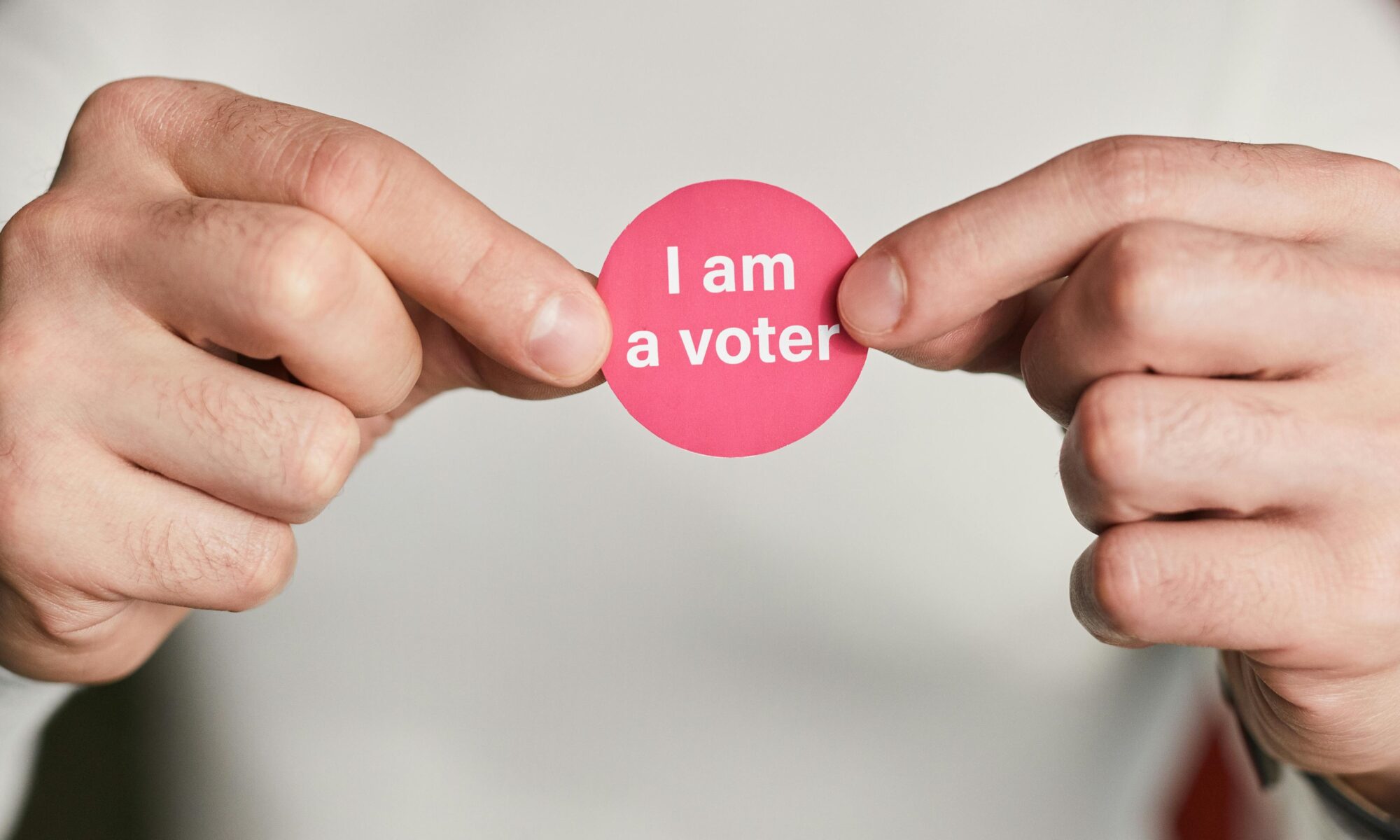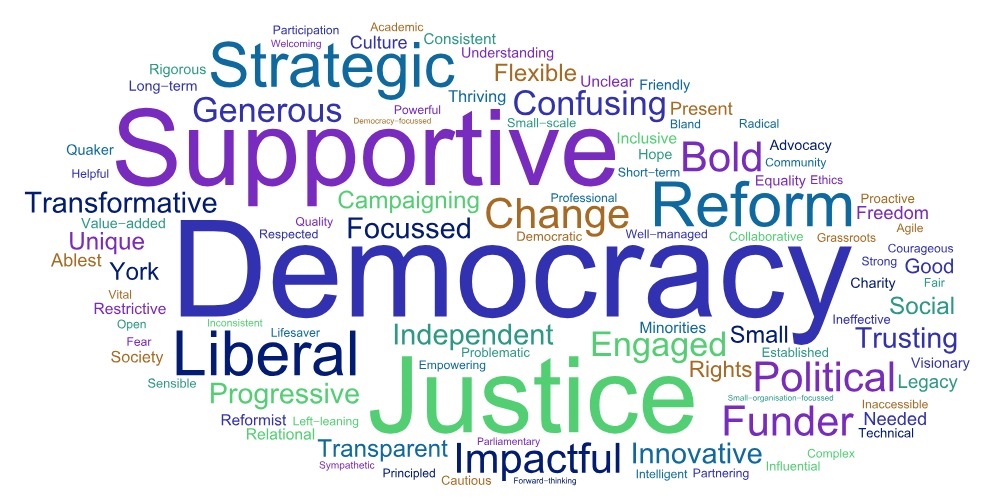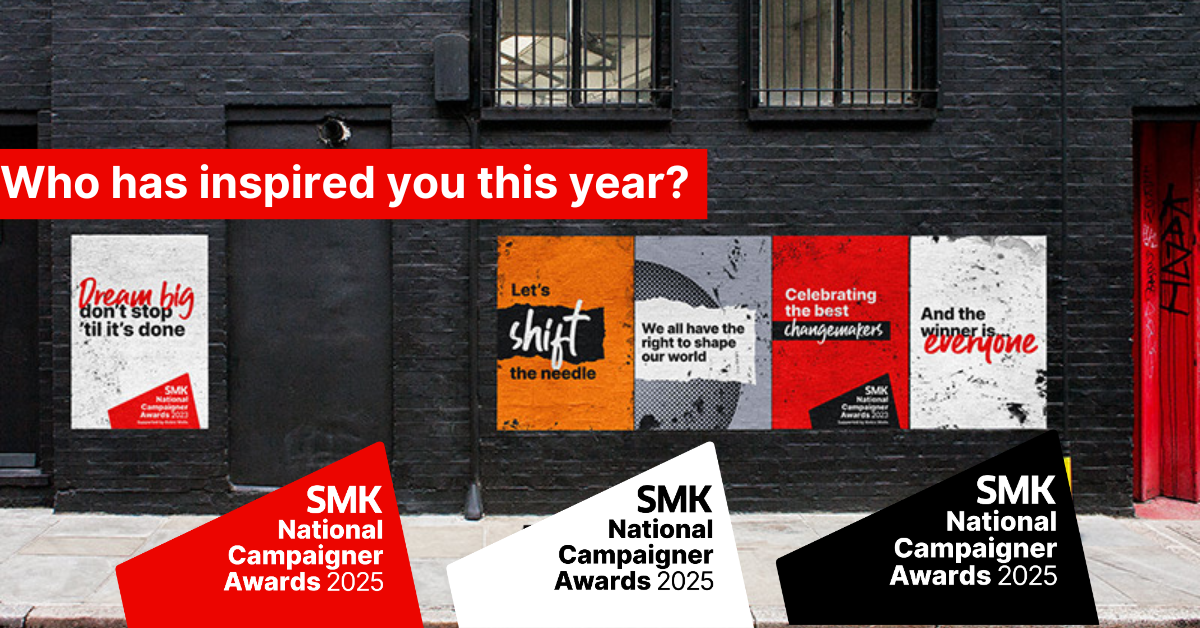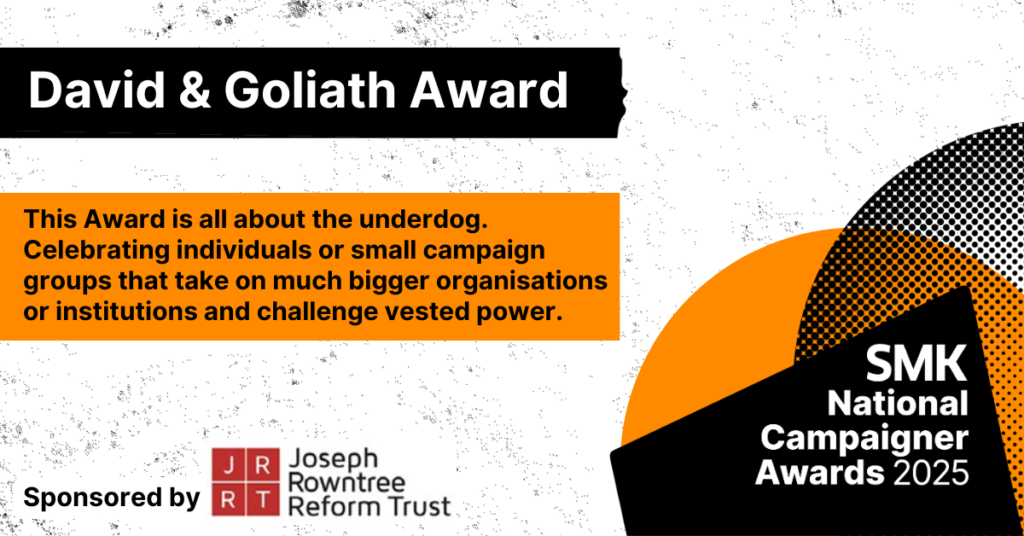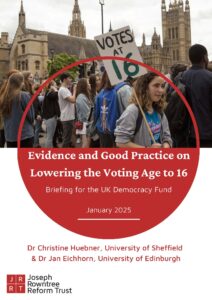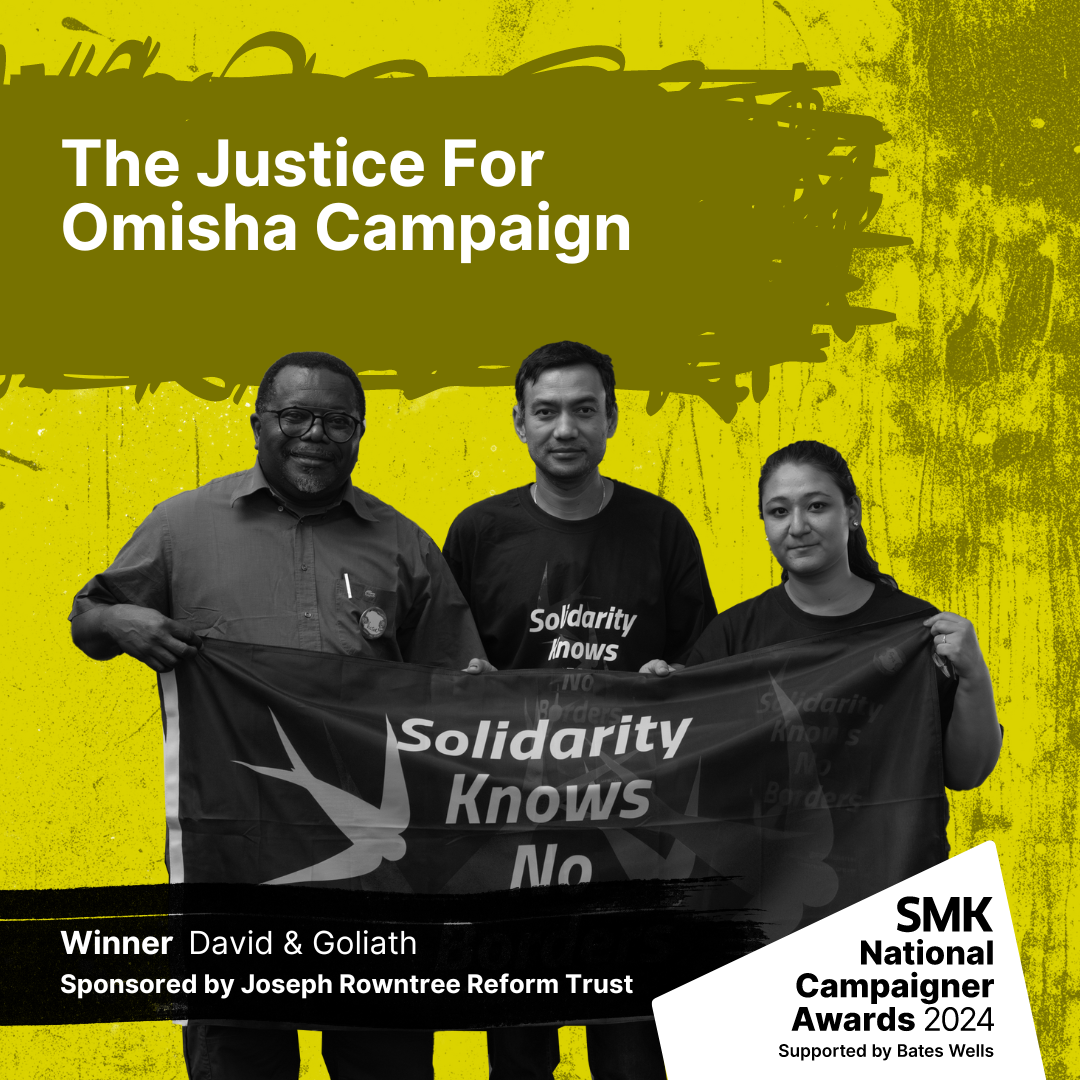It’s exciting to be able to share JRRT’s new strategy.
It took hundreds of pages of analysis and feedback, and a fair few groans about how long it was taking, but there was no pause in our grant making in the run up to and aftermath of the General Election.
It isn’t finished because no strategy ever is. It will evolve as the political landscape changes, and new opportunities and threats emerge. The priorities we have set out are where we believe we can currently exert most influence with our funding, expertise and energy.
What’s changed?
We wanted the broad framework to be durable: to address both the long-term trends affecting most advanced democracies and the immediate threats we face in the UK. The strategy is constructed around two frames:
- Political inequality – enabling all citizens to have equal opportunity to influence political decision making
- Democratic resilience – the ability of the democratic and political system to withstand populist and authoritarian threats, and its capacity to adapt, protect and become more democratic.
We wanted the strategy to be both a positive agenda to make democracy more democratic and a protective one in the face of populist, illiberal and authoritarian challenges. We believe it does that.
Our priorities
Our funding will be much more tightly focused around the five priority areas below. We will fund interventions that can leverage short- to medium-term policy or legislative goals as well as work to lay the foundations for deeper system reform addressing power imbalances.
2. Voter participation and election systems reform
3. Political rights – freedom of expression and protest rights
We will also fund work to monitor, expose and hold accountable bad actors responsible for much of the damage to democracy today, where it is integrated with one of the democracy priorities above.
JRRT will also fund political parties and connected organisations that work within them to advance democratic and political reform, and we will expand our Democratic Voices programme of direct funding to parliamentarians to champion reform.
This need to focus our limited resources means we will no longer be able to fund many of the important areas of work we have previously funded including our Truth to Power programme (Undercover Policing Inquiry excepted) and democracy issues outside these priorities.
Racial justice
Looking across our democracy priorities we see how often the impact is felt most acutely by people from racialised and minoritised ethnicities – whether the low rates of voter registration and turnout, hate speech targeting black women MPs, the use of facial recognition technology or policing of protest. We are committed to growing our funding in this space and to listen and understand where we can best add value.
Collaboration and different approaches
It won’t come as a surprise that we value the many different ways in which the sector collaborates. Change is rarely achieved by a single organisation, but by a mix of organisations with shared visions adding value through mutually reinforcing contributions that may include some or all of policy research, insider advocacy, and pressure from campaigning and mobilising.
Multiyear grants
We spent time looking at the evidence in favour of multiyear grants and also at core and unrestricted funding. The Board did not need convincing of the value of being able to plan ahead and retain staff, but given the funding available, an abrupt shift could take the number of grants approved each year from mid-thirties to single figures with significant impact across the sector. We are moving carefully to increase the proportion of multiyear funding in our portfolio but expect most grants to be for specific targeted campaigns.
Funding for democracy
Perhaps the hardest decision was whether we should maintain our current level of grant funding. Recent levels of grant making were depleting the value of the endowment and, if continued, this would become hard to reverse. For the first time the Board has intentionally committed to a pathway that would lead to the Trust’s closure in 27 years. JRSST Charitable Trust, our connected charity, will spend out completely within 10 years. These are far-reaching decisions that reflect a refusal to be complacent about the challenges UK democracy faces.
Bringing more funding into the democracy sector is essential. We aim to maintain the UK Democracy Fund’s effective fundraising and to work with funders in other sectors to identify where aligning with democracy funding can support them to achieve their mission.
The Joseph Rowntree connection
At the start of the process, we reflected on how much the world has changed since our 1904 Founding Memorandum and its rather loose role as a reference point and source of guiding principles. Perhaps more than we anticipated it would, the final strategy draws on Joseph Rowntree’s thinking about root causes rather than symptoms, and his preoccupation with rebalancing power. Our concerns about social media disinformation and bad actors echo his warnings about the danger posed by the power of selfish and unscrupulous wealth which influences public opinion largely through the press.
Working with our grantees and partners
We are operating in a tough climate in which it is hard to move beyond firefighting to system reform. But there are openings we can build on. JRRT and UK Democracy Fund grantees and funders have played a significant role in securing inclusion of Votes at 16 and Automatic Voter Registration in the forthcoming Elections Bill and a chance to tip the scales against the undue influence of money in politics with a deeper reform agenda than the limited measures propose.
It was really important when we started this process to benefit from the perspectives and priorities shared by grantees and others, in survey responses, conferences, focus groups and Citizens’ Assemblies, and the mass of research and analysis across the sector.
We look forward to continued feedback and to working with grantees, funders and many others to strengthen democratic resilience and political equality.


